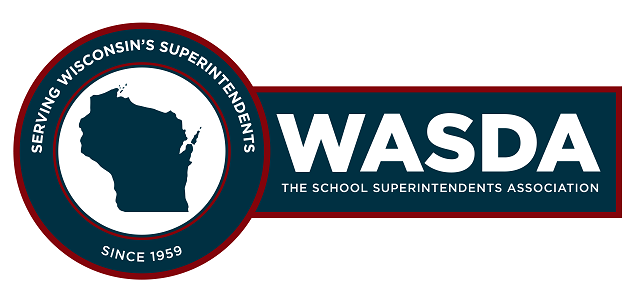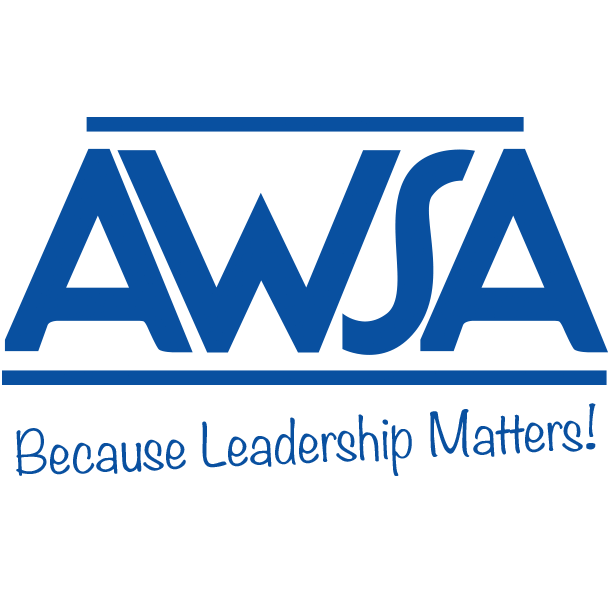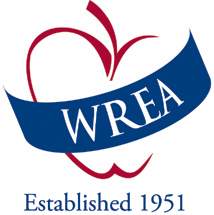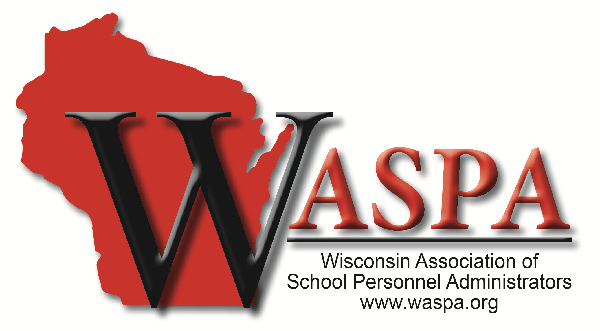« 2023-25 Biennial Budget | Home | Legislative Alert – Education Hearing on 3/2/23 »
Governor Evers Announces 2023-25 Education Budget Initiatives
By Dee Pettack | February 14, 2023
Topics: SAA Capitol Reports, SAA Capitol Reports with Email Notifications, SAA Latest Update | No Comments »
Comments are closed.





